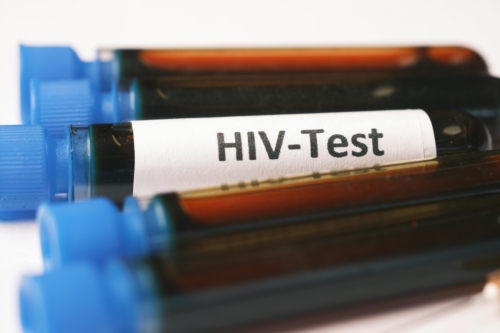
In a criminal case heard by a city court in the Tashkent region, a defendant was charged and convicted under Article 113, Part 4 of the Criminal Code of the Republic of Uzbekistan for knowingly exposing another person to the risk of HIV infection.
Background:
The defendant had been officially diagnosed with HIV in early 2023 and was explicitly warned, both verbally and in writing, that exposing others to the risk of HIV transmission—especially through unprotected sexual contact—could lead to criminal prosecution. However, between June and December of the same year, the defendant engaged in multiple instances of unprotected sexual intercourse with a man who was unaware of her HIV status during these encounters.
The defendant testified that she had met the victim in mid-2024. They were childhood acquaintances and began a renewed relationship that turned sexual. The defendant admitted to not informing the victim about her HIV status, as she was taking antiretroviral medications which would sufficiently reduce the risk of transmission.
The complainant expressed that he did not wish for her to be punished harshly and stated that they had since entered into a civil union.
The court concluded that while the defendant was guilty of the crime of knowingly endangering another with HIV, a custodial sentence was not necessary. Instead, applying Article 57 of the Criminal Code (which allows for leniency in light of mitigating factors), the court sentenced her to three years of restriction of freedom rather than imprisonment.



